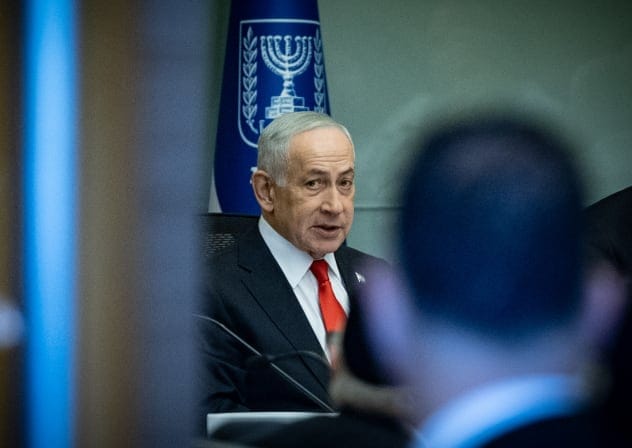A-G has not begun reviewing Netanyahu pardon request, Justice Ministry says
Clarification follows Channel 13's report claiming an advisory opinion is imminent.

Clarification follows Channel 13's report claiming an advisory opinion is imminent.




Top justices issue a conditional order, saying judge shortages are harming the public.

The proposal will further enable "a transparent and in-depth clarification of rights," which will end legal disputes and facilitate the proper development of infrastructure and market land.

According to the statement, the mother of Judge Oded Shaham passed away, and all of his hearings have been canceled through Sunday in accordance with customary bereavement leave.

The aliyah minister asserted in December that he would vote against the proposed haredi draft law even at the risk of being dismissed from the government, calling the current outline "shameful.

A new Jerusalem exhibition brings together paintings that grapple with redemption, healing, and the search for hope in the shadow of trauma.

Notably, 65 members of Kibbutz Nir Oz were murdered by Hamas during the massacre, and another 83 were taken hostage.

A story of wonder and self-expression, inspiring children to imagine, create, and embrace life’s hidden miracles.

A story that encourages and empowers children to find the right place for them, or even to create their own.

NATIONAL AFFAIRS: Despite the return of hostages, Israel still grapples with unanswered questions and the need for justice after the October 7 attack.

“I love the new Efrat pool, and I am extremely grateful every day. I feel like I should make a blessing every time I go swimming.”
